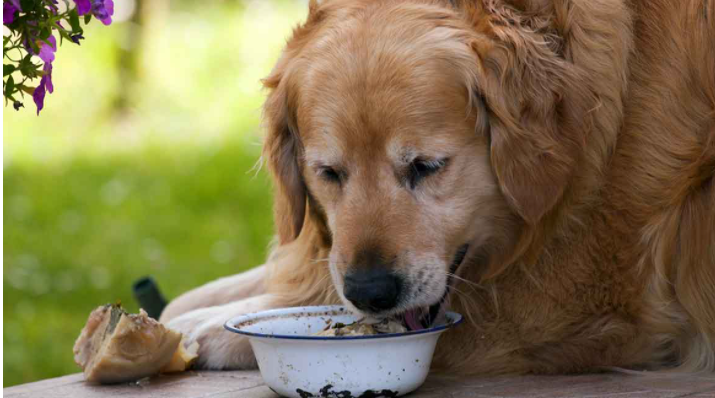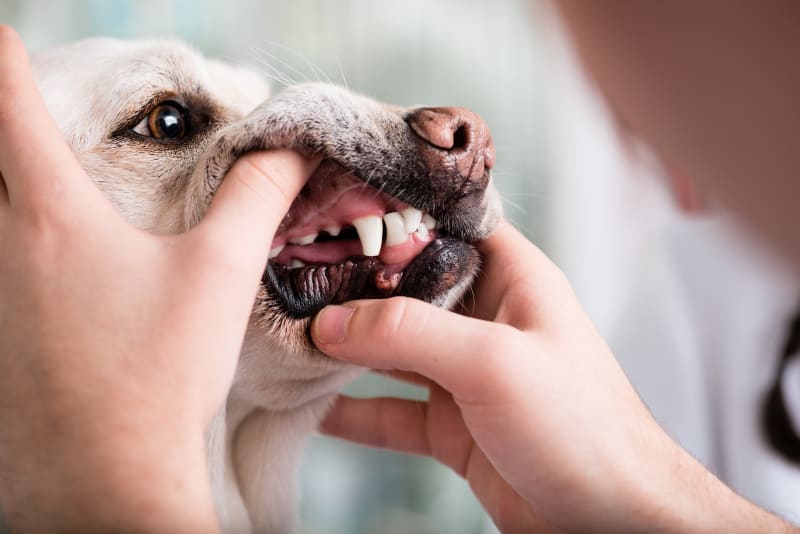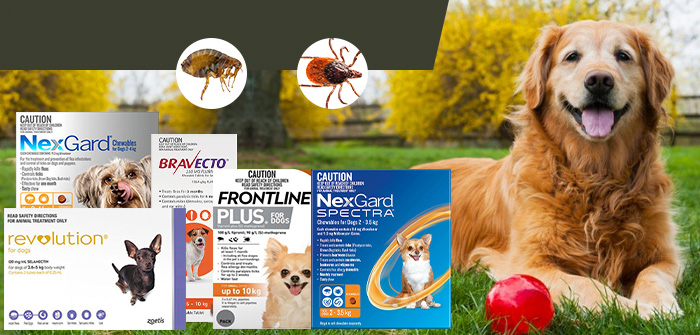Taking care of your senior dog is easier than you’d thought
Aging is a natural act, and all dogs approach senior age and at a certain juncture of their lives. Depending on the breed and size, dogs reach maturity at different stages. Generally, if your dog is 7-8 years old, he is considered to be a senior dog, which equals 45-50 years in humans.
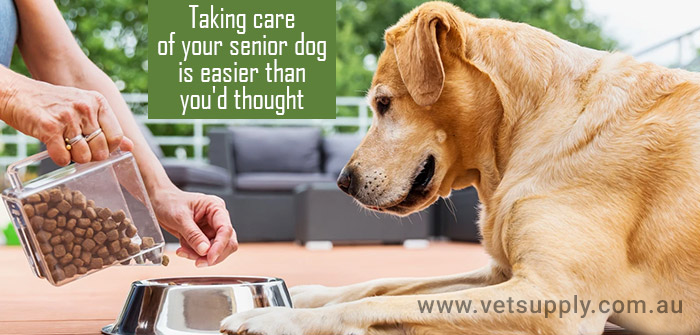
When we grow old, we experience noticeable health issues and become prone to various ailments such as diabetes, heart & kidney diseases; mental illnesses such as anxiety, insomnia. Likewise, dogs go through various bodily and behavioral changes when they become seniors; their health becomes progressively worse, and they require more attention and special care. If you are unsure how to go about looking after your adult dog, we have prepared a guide for you.
Regular Health Check-up
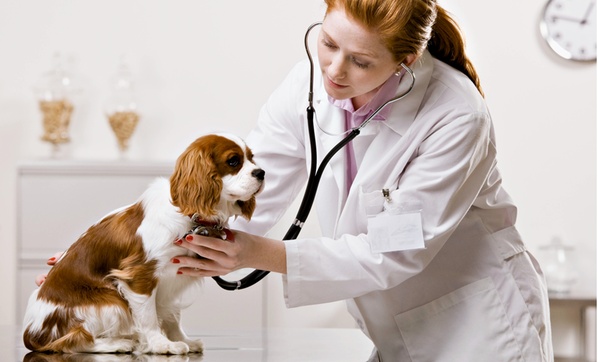
An old dog is prone to various illnesses that you cannot recognize, but your veterinarian certainly can. Take your senior dog for a complete health check at least twice a year to prevent your dog from suffering any major illness.
Feed them nutritious Food
Dogs’ nutritional requirement changes with age. He may not be able to digest the kinds of food he used to during his young or adult age. You also need to consider the probability of obesity while choosing your senior dog’s diet. The diet should be nutritionally balanced consisting of all the nourishment their age needs. Hill’s Science Diet Chicken & Barley is a good choice for your old dog. If you wish to feed him a grain-free diet, Ivory Coat Turkey dry dog food is the one for you. It is always better to talk to your veterinarian if you are not sure about your pet’s nutritional needs.
Regular, but moderate exercise
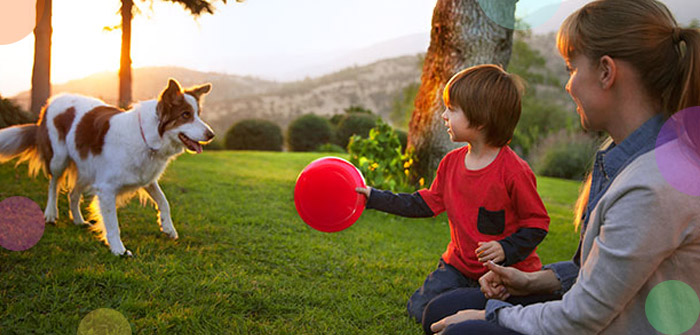
Regular exercise helps your dog maintain an ideal weight and keep its joints and muscles active. However, you need to be extra careful when working out with your old dog as their energy level is no longer the same. Moreover, his bones and joints are not as strong as they were at his young age. You can mix up their exercise schedule with slow walks, swimming, and other activities, but be sure that you don’t overdo it.
Maintain oral hygiene
Dogs with good dental health tend to live longer. Compromised dental health can lead to several other illnesses such as heart, liver, kidney, and lungs. Plaque and tartar build-up can affect your dog’s overall health as several bacteria reside in your dog’s oral cavity; therefore, it is necessary to keep your senior dog’s oral hygiene up. Brush their teeth regularly with Petosan Complete Dental Kit. Greenies dental treats are also a good way of maintaining your dog’s oral hygiene.
Provide them Flea and tick protection
Regardless of your dog’s age, fleas and ticks are constantly behind your companion. Older dogs due to their impaired immunity system are an easy target for these parasites. This is why providing your senior dog with flea and tick protection is very important. Nexgard, Bravecto, and Revolution are a few well-known fleas and tick treatments for your adult dog.
Make special arrangements
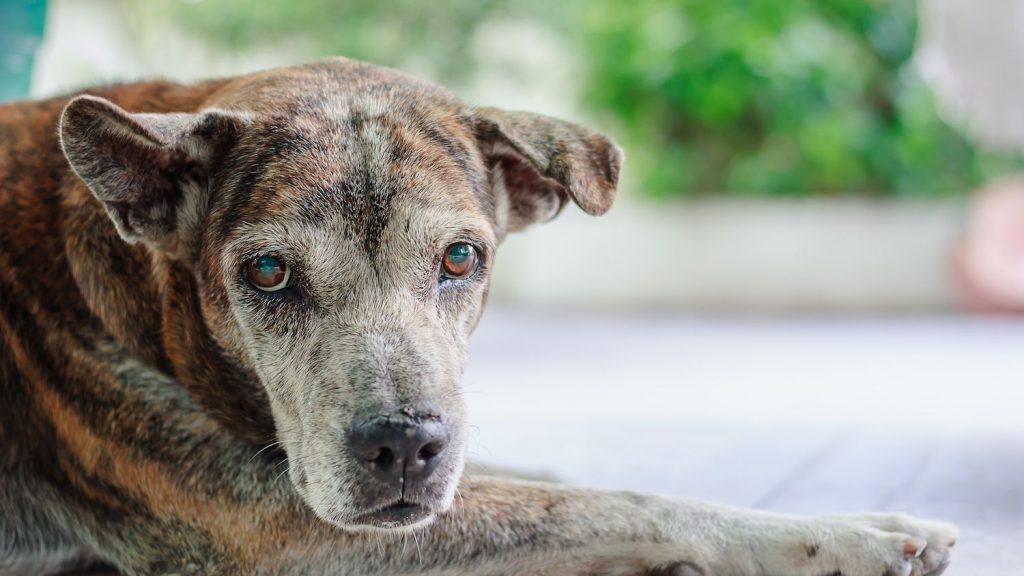
Senior dogs suffer from joint problems and their activity levels drop with age. They struggle with climbing stairs and jumping onto the bed. You can move their accommodation to places in your home where they do not require climbing stairs or do not need more physical strength.
Be with them
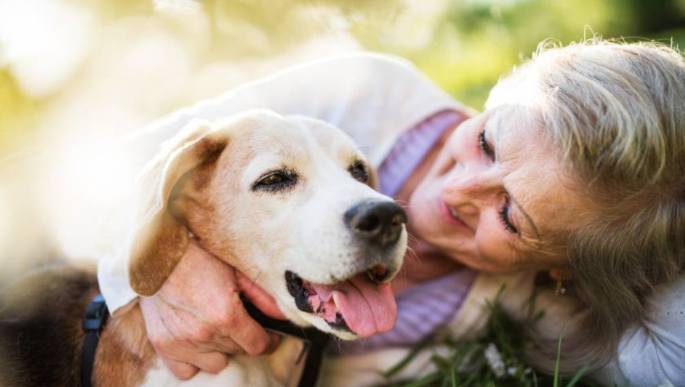
More than anything else, your grown dog needs you to be by their side during their old days. Though it can be really difficult for you to see all the aging signs in your loved companion, the best thing you can do is spend as much time as you can with your senior dog and try to relive the moments you both enjoyed together in his early days.
CONCLUSION
Although not all dogs mature in the same way, the fact is they all get old at some point. We know it’s difficult, but as their guardian, we should be prepared for it and accept their senior state as ‘the new normal’. Being true animal lovers at heart, we should do anything and everything we can to make our loved animals’ golden days full of happiness and joy.

